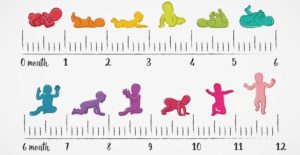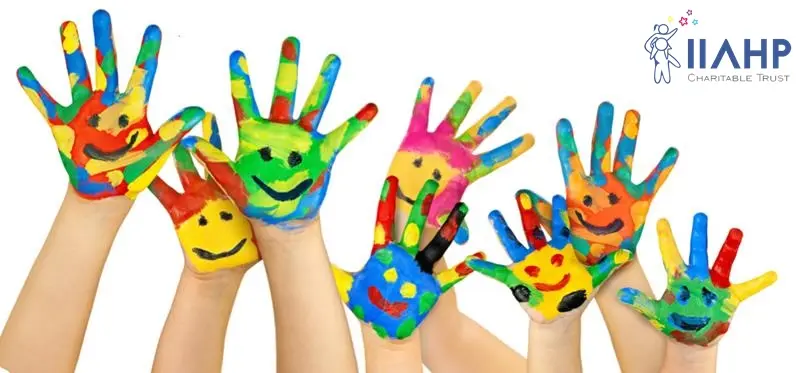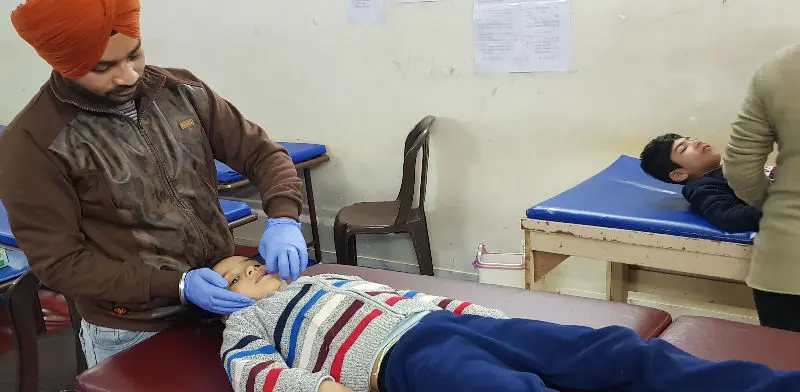A child’s social and psychological development is essential for life. Special needs children with developmental flaws and struggles frequently experience significant social issues because of their behavioral and learning differences. Additionally, these kids might not be fulfilling their social and psychological landmarks which may further alienate them by their peers. Here’s a breakdown of what to expect socially and emotionally, for a child gets older. While children mature at various paces, in case your kid isn’t meeting those energies, it might signify a matter which needs to be addressed using a specialist for attention deficit hyperactivity disorder treatment.
Infants (Ages 0-12 months)

- The random movements of arms and legs.
- Soothed by rocking
- Interprets emotional expressions of family members
- imitate simple actions of close ones
- Actively seeks to maintain interactions with adults
- Displays separation anxiety when apart from mother
Toddlers (Ages 2-3)
- Starts to show independence
- May become angry if activities are interrupted
- Shows anger through aggressive behavior; may hit, bite, or fight over a toy
- Seeks comfort from the parent
- At the age of 18months child have of 10 to 25 words of speech.
- Demonstrates imitation, parallel, and symbolic play
- Is emotionally attached to toys or objects for security
- Screams throw temper tantrums for little things.
- Expresses affection warmly
Preschool (Ages 3-5)

- Engages in social laughter
- Asks many questions like, why, what, when
- Participates in a simple group activity — singing, dancing
- A child have 2000 words of speech
- Develops a simplistic idea of good and bad
- Demonstrates inconsistent behavior and tantrums
- Shares toys, takes turns with assistance
- Interprets emotions from facial expressions
- Plays cooperatively
- Has no sense of privacy
- Understands concepts of right and wrong
- Often indulges in pretend play
- They show anger and happiness quickly and for little things
- Bosses and critics
- Displays concern and affection
- May show increased aggressive behavior
Early Elementary (Ages 6-8)
- Friendships change rapidly
- Follows instructions properly
- Chooses own friends
- Complete vocabulary
- Reading with total understanding
- Engages other children in play or role assignments
- Wants to be the first and best at everything
- Develops positive, realistic self-concept
- Mostly finds mistakes in friends.
- May become obsessed with teacher or playmate of the opposite sex
- Cares for self, room, and belongings
- Has a sense of humor and tells jokes
- Dislikes being singled out, even for praise
For over a decade, we’ve helped over 1,000 children improve the critical skills needed to create a brighter path for their future. If you’re concerned that your child is not meeting social or behavioral milestones or is struggling socially or behaviorally or need speech therapy, contact us online to learn more about how the IIAHP Therapy Center program can help.






